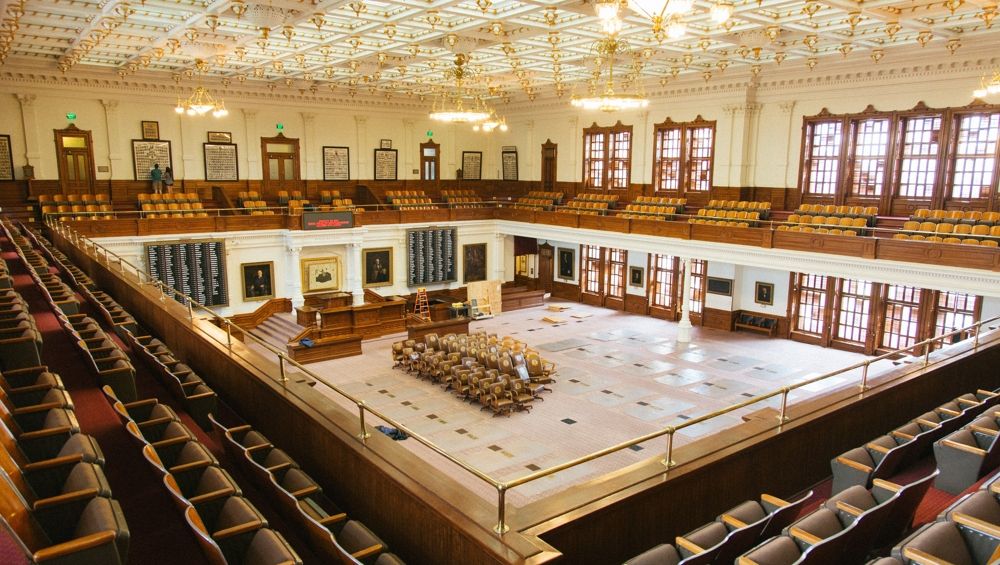Cannabis has become a significant issue in U.S. politics, particularly as the country moves toward the 2024 election. Over the past decade, there has been a dramatic shift in public opinion and state-level legalization efforts, both for medical and recreational use. As the 2024 election approaches, cannabis policy is expected to play an important role, with potential implications for federal legalization, criminal justice reform, and economic growth. Here’s a look at how cannabis might influence the upcoming election and what key issues voters and politicians are considering.
Current Cannabis Legalization Status
As of 2024, 23 states and Washington D.C. have fully legalized recreational cannabis use for adults, while 38 states have legalized medical cannabis. Despite this widespread state-level legalization, cannabis remains illegal at the federal level, classified as a Schedule I controlled substance. This discrepancy between state and federal laws has created regulatory challenges for businesses and consumers, spurring debate over the need for federal reform.
Federal Legalization: A Key Topic
One of the central issues for cannabis in the 2024 election is the possibility of federal legalization. Advocates argue that federal legalization would:
- Remove federal criminal penalties for cannabis possession and use, potentially addressing the criminal justice disparities caused by the War on Drugs.
- Resolve the conflict between state and federal law, allowing cannabis businesses to operate more freely without fear of federal intervention.
- Enable banking access for cannabis businesses, which currently struggle with limited financial services due to federal prohibition.
Opponents of federal legalization express concerns about public health, the risk of increased cannabis use among youth, and the long-term effects of widespread legalization. Some also argue that a cautious approach should be taken to better understand cannabis’s impact on mental health and addiction before expanding legalization further.
Cannabis as an Economic Driver
For many voters, cannabis is seen as an opportunity to boost economic growth. States that have legalized recreational cannabis have generated significant tax revenue, which is often reinvested in education, healthcare, and public infrastructure. In Colorado and California, for example, cannabis tax revenue has funded mental health services, school construction, and drug treatment programs.
Election, voters may see cannabis as an important economic issue, particularly in states where cannabis remains illegal but has potential for legalization. Candidates in favor of legalization often highlight the job creation, tax revenue, and business opportunities that a regulated cannabis market can provide. On the other hand, opponents caution that the long-term economic benefits of cannabis may be overestimated, pointing to the potential costs related to regulation, enforcement, and public health concerns.
Criminal Justice Reform
Cannabis legalization has also become a focal point in discussions surrounding criminal justice reform. Advocates argue that cannabis prohibition has disproportionately impacted minority communities, resulting in high arrest and incarceration rates for non-violent cannabis offenses. These arrests have long-term consequences for individuals, including difficulties in securing employment, housing, and education.
Many candidates may support cannabis legalization as part of broader criminal justice reform efforts. Expunging past cannabis convictions, decriminalizing possession, and reducing sentencing disparities are likely to be key issues in the debate. However, opponents argue that while these issues should be addressed, legalization may not fully resolve deeper systemic problems within the criminal justice system.
State-Level Ballot Initiatives
In addition to federal discussions, state-level ballot initiatives will be crucial in the 2024 election. Several states are expected to have measures on their ballots regarding the legalization of recreational or medical cannabis. Key states to watch include:
- Florida: Voting on recreational cannabis legalization, which could make Florida one of the largest cannabis markets in the country.
State-level ballot measures allow voters to directly influence cannabis policy, and we could see a wave of new states joining those that have already legalized recreational cannabis.
Public Opinion and Political Alignment
Public opinion on cannabis has shifted significantly over the past decade. According to recent polling data, 68% of Americans support legalizing cannabis for both medical and recreational use. This broad support crosses party lines, although there are notable differences:
- Democrats: Support for cannabis legalization tends to be strongest among Democratic voters. Many Democratic candidates advocate for federal legalization, criminal justice reform, and economic investment in cannabis.
- Republicans: While Republican support for legalization has been growing, particularly among younger voters, there is still significant opposition within the party. Some Republican candidates favor medical cannabis legalization but remain cautious about full recreational legalization.
- Independents: Independents generally mirror national trends, with strong support for legalization, particularly in terms of personal freedom and criminal justice reform.
The diverse opinions on cannabis across party lines suggest that cannabis policy will continue to be a significant topic of debate.

